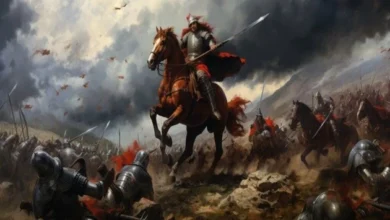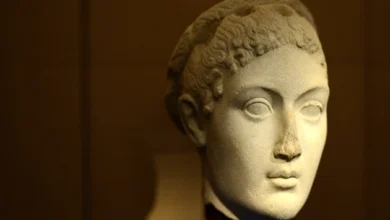Historical individuals who founded civilization
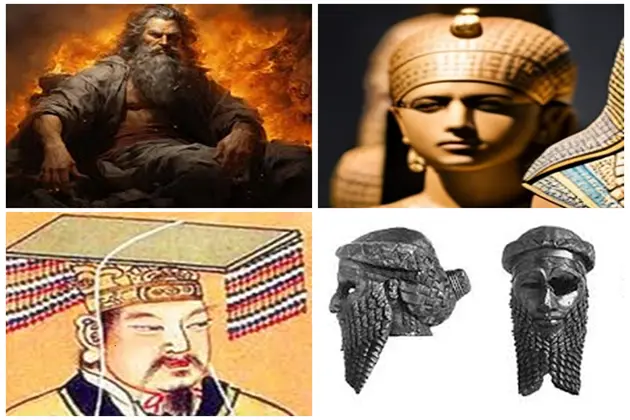
Naturally, since writing emerged considerably later than many of the most significant technologies, we will never know the identities of the true civilization builders.
A clear example is alcohol: as soon as humanity transitioned to agriculture, every single person started cultivating the ingredients needed to make alcohol. Some liked beer, others liked wine, but everyone drank.
We will not know who invented it, but this person left an indelible mark on the appearance of our entire species forever. We’ll never know the names of the first cult members or even the names of the first gods.
In the end, we will never know who was the first person in history to build a house, and it was a permanent dwelling that became a prerequisite for the creation of larger associations, even states.
We can only talk about those people whose information has reached us in the form of written sources, that is, those who lived no later than four and a half thousand years ago. Meet five outstanding personalities who laid the first bricks of our civilization.
5 historical figures who laid the foundations of civilization
1. Minos

The Minoan civilization was the earliest in the Mediterranean region to master writing. The first ruler, Minos, was the child of the coupling of the supreme god Zeus and the Phoenician princess Europa.
Later, after having given birth to three children, Europa wed Asterius, the king of Crete. Minos argued for his own destiny, which he had felt his entire life, and claimed the right to the throne after his death. And Minos told them all that he might call on the gods and they would assist him if needed.
According to ancient sources, the legend does not represent the actuality of two monarchs bearing this name, Minos I and his grandson Minos II. Most likely, what we are discussing here is a fake Minos or an actual heir who was despised by the royal court.
Either way, the Cretan king laid the foundation for a great civilization, many myths (including the Minotaur), and, perhaps, for Hellas as we know it today. In addition, it is believed that it was the demise of the Minoan civilisation as a result of the tsunami that hit the island that gave birth to the myth of Atlantis.
2. Huang Di
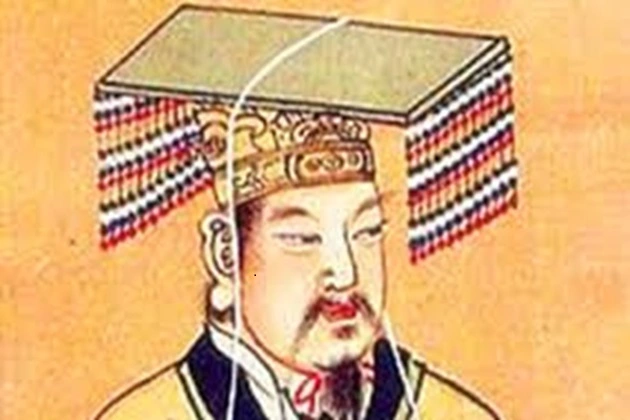
The Yellow Emperor Huang-di, who landed on the moon and grabbed on by its whiskers, is credited with founding China. It is described roughly as having the head of a camel, the horns of a deer, the neck of a snake, and the scales of a carp.
This is the one from which Huang-di descended to earth and gave people lots of useful things like a bow and arrow, a boat with oars, and clothes with shoes. Sounds like a classic myth, but there’s more to it than that.
Under Huang-di, the first unified state on the territory of China was created. A system of stock accounting, a calendar, and soon a full-fledged writing system were invented, but most importantly, the division of land into plots was introduced, which is much more similar to the motives and actions of an ordinary person.
Although his reign began in the third millennium BC, the true name of this historical figure has been lost to the ages. The United States of Kunlun was founded by Huang-di following a protracted battle and his triumph over other tribe leaders.
Perhaps the name Yellow Emperor was taken to facilitate contacts with tribes in the basin of the Huang He River, the name of which translates as “Yellow River.” Anyway, for the next thousand years, yellow would become the color of the emperor’s robes.
3. Puzur-Ashur I
Almost nothing is known about the origin of Puzur-Ashshur I; his name means “the secret of Ashshur”. Taking advantage of the moment and the weakness of the royal court of Ashshur, he seized power and proclaimed a new dynasty. Subsequently, having joined some more cities, Puzur-Ashshur I will create one of the most powerful states of his time – Assyria.
The state turned out to be cruel, but the times were not easy either – the beginning of two thousand years B.C.With all of their might, they constructed the nation.
The first nation in history with a lengthy border is Assyria, at least as far as science is aware. It is a state with unified laws and borders, not merely a few communities banding together for a while to battle together, harvest together, or construct a temple complex.
The penalties for breaking any of the few laws were nearly always death sentences. Perhaps a classic would be to amputate the fingers, nose, ears, and so forth.
However, there was a silver lining: the conquered peoples were encouraged to become Assyrians – clay tablets were even created to keep records. It was required to take a new Assyrian name, fulfill the laws of the country, pay taxes, and worship the god Ashshur. In doing so, the old identity would cease to exist, and for many people, this was a good alternative. For example, it was a quick way to cancel all accumulated debts or change social status altogether.
4. Sargon of Akkad
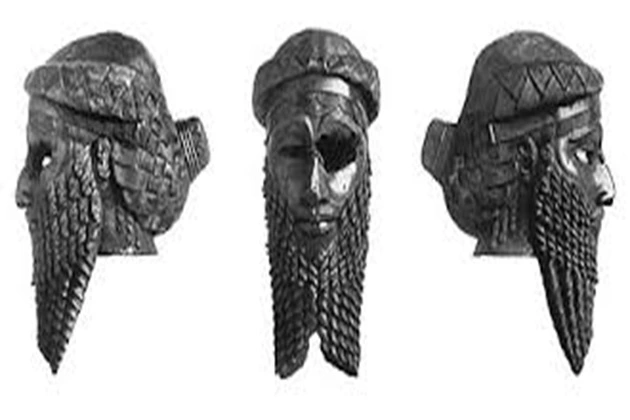
Sargon had a fairly low social starting point. According to legend, his mother was a priestess and gave birth to the child in secret. To keep the secret and the future king alive, the mother let the baby in a reed basket float down the Euphrates River.
The basket was fished out by a gardener and he decided to raise the child. After serving as a cupbearer at Kish’s court for a while (Kish being a city of such kind), Sargon eventually assumed the role of gardener and became the king of Akkad. The goddess Ishtar’s sponsorship explains such a bewildering career.
It is quite difficult to distinguish fact from fiction because it is about events that happened more than 4,000 years ago. Although Sargon’s demeanor was long thought to be legendary, new research has provided some insight.
First of all, there was a king who actually existed. Secondly, it seems that he did come from a lower stratum. Regardless, no indications to the contrary have been discovered; instead, multiple fresh texts validate the source. Thirdly, it should be noted that Sargon is a pseudonym, which means “true king.” And this is where a valid question comes up: why would someone identify as that, and why is it “true”? To confirm the situation.
That is, it is likely that the person who goes by this alias was not born a king. In any case, Sargon brought Akkad and Sumer together to establish a powerful center of authority throughout Mesopotamia.
It is not very spectacular because this center only existed for a few centuries. However, throughout this period, the Akkadian language expanded significantly, eventually rising to prominence as the primary language of Babylon and Assyria.
5. Scorpio I
The history of Egypt is so long and confusing that scholars periodically have to change the boundaries of the field of study. At first, during the 3,000 years during which Egypt undoubtedly existed, it was divided into 30 dynasties – just for convenience. The general picture was slowly built up, but new finds were made.
Afterward, “twice zero,” or “dynasty 00,” was established, along with the conditional “zero” dynasty. The moniker Pharaoh Scorpion I is still used today to refer to the first fully established monarch of ancient Egypt.
Pharaoh Bull was his father; other notable pharaohs include Pharaoh Khvatala and Pharaoh Furious Som. Pharaohs is a term used to refer to all Egyptian rulers, but this title was not yet in use in those days.
The tomb of the Scorpion was discovered only in 1988. Archaeologists thought it had been looted, but some items could not have been stolen. Over thousands of years, a message about Scorpius’s glorious conquests and a list of conquered cities have reached us.
The screenwriters of The Mummy Returns had this Scorpion in mind—he was played by Dwayne Johnson. The character came to the public’s liking, and as a result, we got a spin-off, The Scorpion King, which became a franchise in its own right.


